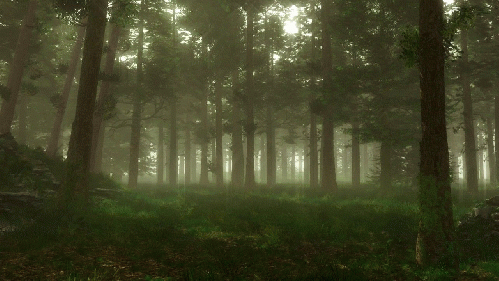While persons brought up within literate culture often speak about the natural world, indigenous, oral peoples sometimes speak directly to that world, acknowledging certain animals, plants and even landforms as expressive subjects with whom they might find themselves in conversation. Obviously these other beings do not speak with a human tongue; they do not speak in words. They may speak in song, like many birds, or in rhythm, like the crickets and the ocean waves. They may speak a language of movements and gestures, or articulate themselves in shifting shadows. Among many native peoples, such forms of expressive speech are assumed to be as communicative, in their own way, as the verbal discourse of our species (which after all can also be thought of as a kind of vocal gesticulation, or even as a sort of singing). Language, for traditionally oral peoples, is not a specifically human possession, but is a property of the animate earth, in which we humans participate.
Oral language gusts through us--our sounded phrases borne by the same air that nourishes the cedars and swells the cumulus clouds. Laid out and immobilized on the flat surface, our words tend to forget that they are sustained by this windswept earth; they begin to imagine that their primary task is to provide a representation of the world (as though they were outside of, and not really a part of, this world). Nonetheless, the power of language remains, first and foremost, a way of singing oneself into contact with others and with the cosmos--a way of bridging the silence between oneself and another person, or a startled black bear, or the crescent moon soaring like a billowed sail above the roof. Whether sounded on the tongue, printed on the page, or shimmering on the screen, language's primary gift is not to re-present the world around us, but to call ourselves into the vital presence of that world--and into deep and attentive presence with one another. This ancestral capacity of speech necessarily underlies and supports all the other roles that language has come to have.-- David Abram






